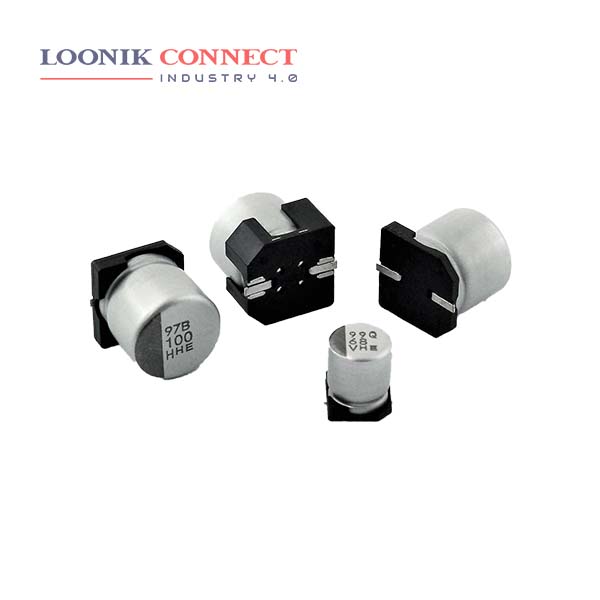Achieves low ESR, high withstand voltage, and high reliability through the use of the “hybrid electrolyte” consisting of conductive polymer and electrolytic liquid. Products with vibration-resistance specifications can also be produced (ø6. 3 ≤). An electrolytic capacitor is a type of capacitor that uses an electrolyte to achieve a larger capacitance than other capacitor types. An electrolyte is a liquid or gel containing a high concentration of ions.
Aluminum polymer capacitors, like their standard electrolytic counterparts, are a polarized capacitor type based on an aluminum electrode material with an aluminum oxide dielectric, but distinguished from them by their use of a conductive polymer material instead of traditional fluid electrolytes. Hybrid supercapacitors are variants of standard supercapacitors that combine lithium-ion technology and electric double layer capacitor (EDLC) construction for improved performance.
suggests, these capacitors use a combination of a liquid and conductive polymer to serve as the electrolyte (see Figure 4) and aluminum as the cathode. Think of this technical approach as the best of both worlds: The polymer offers high conductivity—and a correspondingly low ESR. Hybrid polymers allow manufacturers to create new materials that combine the performance characteristics of different substances.










